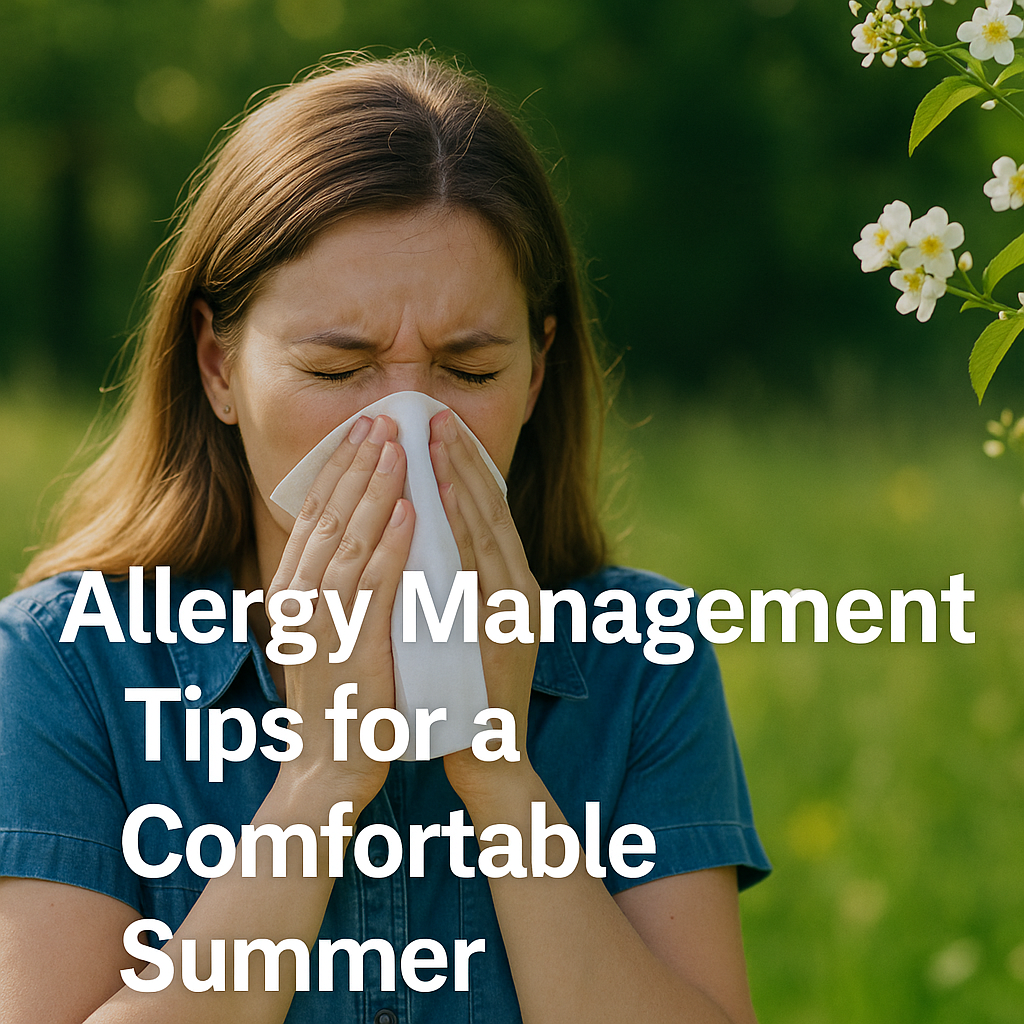Managing allergies effectively helps maintain a healthy and comfortable lifestyle. Understanding common triggers and taking proactive steps can significantly reduce allergy symptoms. Simple habits, such as keeping living spaces clean and monitoring air quality, play a key role in prevention. With the right strategies, individuals can enjoy better control over their allergies and improve their overall well-being.
Track Local Pollen Levels Daily
Pollen counts increase rapidly during the early morning hours, making it the time of highest exposure. To stay prepared, you should regularly check pollen forecasts on weather websites or specialized apps. By monitoring these updates, you can better understand when pollen levels are expected to be the highest throughout the day.
It is wise to schedule outdoor activities in the late afternoon or evening when pollen concentrations have decreased significantly. This planning reduces your risk of allergy symptoms and helps you enjoy your time outside more comfortably. Staying informed and adjusting your routine accordingly makes it easier to avoid the peak pollen exposure times.
Clean Up Immediately After Being Outside to Reduce Allergies
After spending time outdoors, pollen often sticks to your clothes, skin, and hair, increasing your allergen exposure. To minimize this, take a shower promptly and change into fresh clothes as soon as you come inside. These steps help prevent pollen from spreading to your furniture, bedding, and other indoor surfaces.
By quickly cleaning up after outdoor activities, you significantly reduce the amount of pollen lingering in your living space. This simple routine lowers your overall exposure to allergens, helping you manage symptoms more effectively. Maintaining cleanliness after being outside plays a role in controlling pollen-related allergies throughout the day.
Maintain Good Hydration and Nutrition
Drinking plenty of water helps thin mucus, keeping your nasal passages moist and allowing them to function properly during allergy season. Consistently staying hydrated supports your body’s natural defenses and can reduce the severity of congestion and discomfort. This simple habit plays a key role in maintaining overall balance and promoting quicker recovery from allergy symptoms.
Incorporating fruits rich in Vitamin C, like citrus, into your diet may help strengthen your immune system’s response to allergens. These nutrients work together to ease inflammation and support your body’s ability to fight off irritants effectively. Combining hydration with a Vitamin C-rich diet creates a natural approach to managing allergy symptoms and improving your well-being.
Seek Professional Allergy Testing If Symptoms Persist
If your allergy symptoms worsen or persist despite your best efforts to manage them, consult an allergist promptly. Allergists can perform specialized tests that identify the specific allergens causing your symptoms, allowing for more targeted treatment plans. This expert evaluation provides valuable insights that help tailor your allergy management to your unique needs.
Allergy shots, also known as immunotherapy, or other medical treatments recommended by an allergist, might offer long-term relief from symptoms that over-the-counter remedies cannot control. Seeking professional advice empowers you to take control of your allergies more effectively and improve your overall quality of life. Early consultation with a specialist can prevent symptoms from escalating and reduce the impact of allergies on your daily routine.






